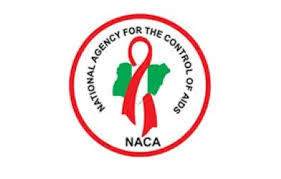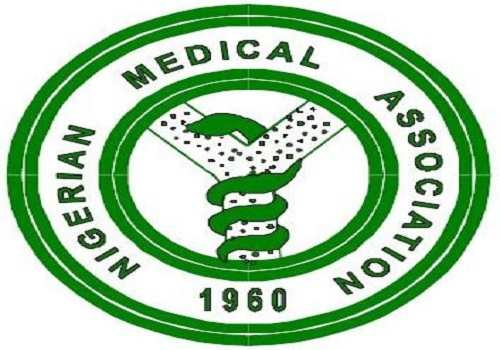The Chief Executive Officer, EHA Clinics, Abuja, Adam Thompson, has raised the need for more Nigerians to have access to quality healthcare.
Speaking at a briefing in Abuja to announce the medical facility’s approval for ambulatory care on account of its continued compliance with internationally-recognised quality standards, Thompson said available statistics “showed that there were a million neonatal deaths of people that had access to essential health services.”
He said the reason being “poor care and lack of quality standards. So, they had access to care, but just didn’t have access to quality care. As a leading primary healthcare provider in Nigeria, our goal is to influence the private and public sectors to embrace the idea that the minimum standard of care should comprise access, affordability and quality.”
Nigeria, one of the countries with the highest concentration of poor people in the world, coupled with a long-neglected primary healthcare system and a rapidly growing population, has put immense pressure on the creaking healthcare system, which is also dealing with the COVID-19 pandemic.
Consequently, the most populous black nation loses about 2,300 children under the age of five daily. Nigeria also has the highest rate of maternal mortality in the world.
“EHA Clinics, Kano is the first primary healthcare clinic in Sub Saharan Africa to be accredited by Joint Commission International (JCI) for ambulatory care. We are proud to be transforming healthcare and setting the pace for primary healthcare standards in Nigeria and Africa at large,” Thompson added.
Also speaking, the facility’s Practice and Quality Assurance Manager, Nada Hadiar, submitted: “The clinics underwent a rigorous on-site survey, during which a JCI team evaluated compliance with ambulatory care standards related to a variety of areas, including the International Patient Safety Goals, patient assessment and care, anesthesia and surgical care, medication management, patient and family education, quality improvement, infection prevention and control and information management, among others.”





